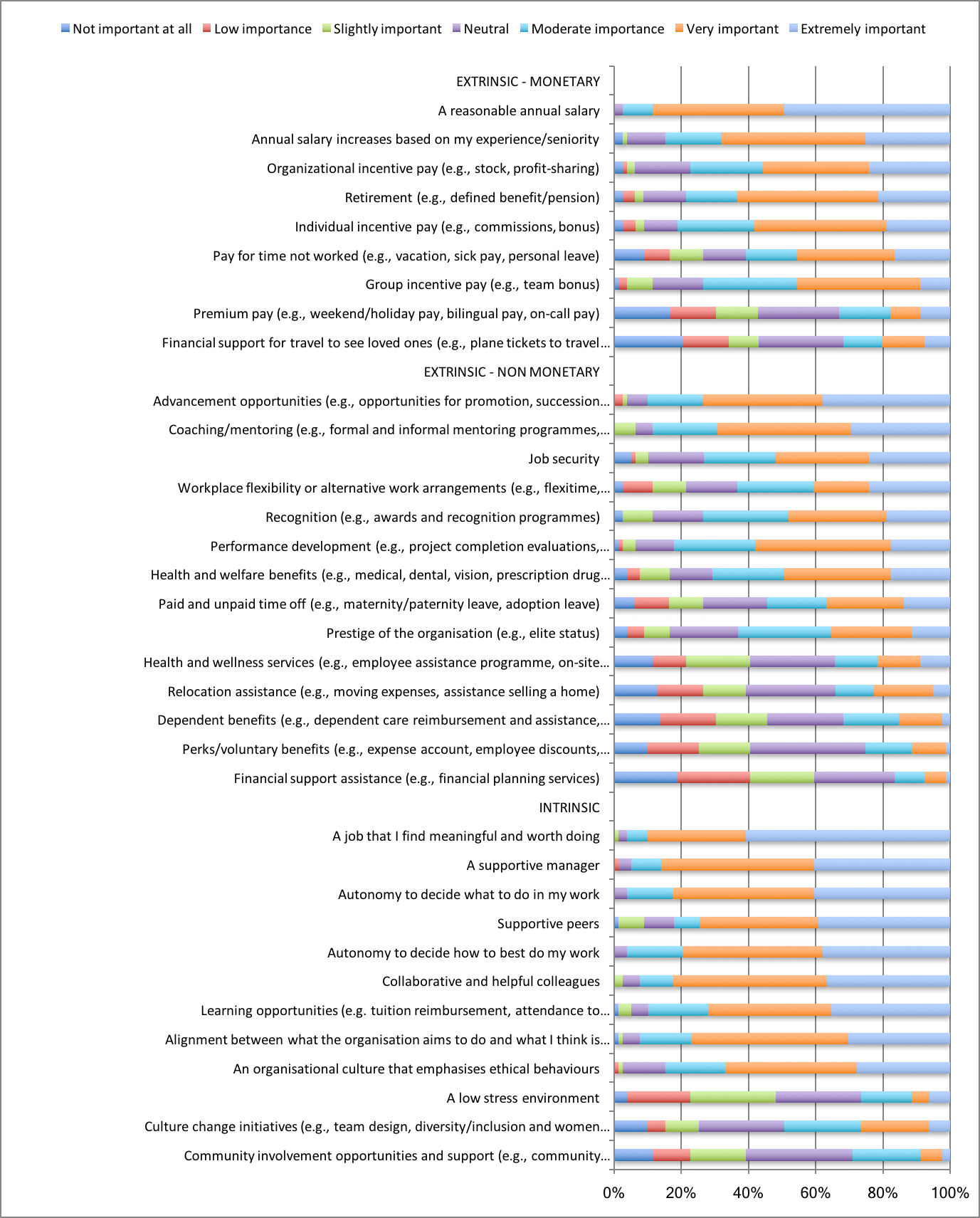
Motivating your sales force is a critical component of sales force management, given its profound effect on people’s behaviour and sales performance. There are many motivation theories that are relevant to sales force compensation and management as well as rewarding strategies to optimise a sales force.
Relevant Sales Force Motivation Theories
Motivation theories aim to understand people’s attitude towards work and the behaviours they display when putting effort into accomplishing tasks. Key questions addressed by motivations theories are: ‘Why do people work? Why do they put in the effort they do? Why do some people work harder than others? Why do individuals respond different to motivation-related management practices?’
Influential theories that have been applied to the context of sales are:
Maslow’s hierarchy of needs theory
Suggests an individual has a hierarchy of needs (a five-level pyramid), with the higher needs being of importance only once the lower, basic needs have been met. The five levels, starting from the basic needs are; physiological, safety and security, a desire for love and belonging, the need for status and self-esteem, and self-actualisation.
Herzberg’s motivation-hygiene theory
Distinguishes between factors that cause dissatisfaction, known as ‘hygiene factors’ (working conditions, salary, company policies and supervision), and factors creating job satisfaction, known as ‘motivators’ (achievement, recognition, responsibility and opportunity for growth and advancement).
Vroom’s expectancy theory
This model makes a more explicit link between behaviour, performance, and reward – forming the basis of much work in sales-related motivation. People’s behaviour and motivation are dependent on people’s expectations about the extent to which their efforts will be rewarded as well as the value they attach to the rewards received in exchange for their efforts.
Self-determination theory
Differentiates between extrinsic motivation (doing an activity for an instrumental reason such as getting a bonus) and intrinsic motivation (doing an activity because it is interesting and satisfying). It predicts that intrinsic motivation is enhanced in environments where people perceive a sense of autonomy, development, meaningfulness and community; and it is reduced in environments that focus on highly stretched performance targets and monetary incentives.
Linking Reward to Sales Force Motivation
Monetary rewards are powerful tools to increase motivation, but they are not the only rewards that matter to sales individuals and they are definitely not the only rewards that can be used to enhance performance. It is important to design sales reward packages that can take into consideration the diverse sales task and reward preference of the sales workforce or salesperson.
The reward package can combine both reward elements oriented to encourage or maintain extrinsic and intrinsic motivations.
Figure1: Reward elements, motivation and sales directors’ importance assessment (The data used to create this table is based on an exploratory survey conducted with sales executive attending the Sales Directors Programme at Cranfield School of Management (n=79)).
4 Key Guidelines for Designing Sales Reward Packages
The profound changes in selling, and sales force management have resulted in changes in sales reward plans. In today´s context, the following are recommended practices:
- Alignment with the overall business strategy
- Allow the company to secure profit margins and thus are designed in the context of the overall business planning process.
- Encourage activities that are consistent with your organisation’s overall marketing and business strategies.
- Reward securing, building, maintaining long-term relationships with profitable customers.
- Robust design and operationalisation of the reward scheme
- Include both extrinsic and intrinsic elements that are easily managed by the company and well understood by your sales force or salesperson.
- Establish fixed base lines that support the long-term security of both company and salespeople.
- Clearly differentiate pay-outs for top, average, and inadequate performers.
- Distinguish between performing tasks and achieving results.
- Reduce the variable component (often linked to targets) when environmental uncertainty is high, and sales tasks are complex.
- Fostering positive effects in the individuals
- Focus on motivating salespeople to meet both tactical and strategic company goals.
- Allow salespeople to plan how to best achieve them, whereby reducing stress.
- Minimising dysfunctional effects
- Are sufficiently flexible to change as goals change or the environment, but they are not changed ‘surprisingly’.
- Reduce role conflict, ambiguity, and stress
- Avoid direct competition between salespeople
One of the most important factors driving sales performance is sales people motivation. Extrinsic and intrinsic motivation of sales professionals is fundamental for sales performance, especially where sales processes combine both transactional and relational strategies. Pay is important to individuals and companies alike, but it is not the only driver of success. The composition of sales reward packages and their level can significantly affect salespeople’s performance. This relationship is not easy to evaluate as people react differently to payments and other rewards.
In summary, the key recommendation for an effective reward scheme is to consider the nature of the sales goals and tasks that need delivering, and the motivational mix that is more suited for their delivery, taking cognisance of individual and situational factors.
Dr Monica Franco-Santos, Reader in Governance and Organisational Performance, faculty on Sales Directors' Programme, Cranfield School of Management.
Dr Javier Marcos, Programme Director of the Sales Directors’ Programme, Cranfield School of Management.
Read more:
- Managing and Measuring Sales Performance
- Setting Effective Sales Targets
- A Ten-Step Framework for Setting Effective Sales Targets
- How to Succeed at Account Based Marketing




